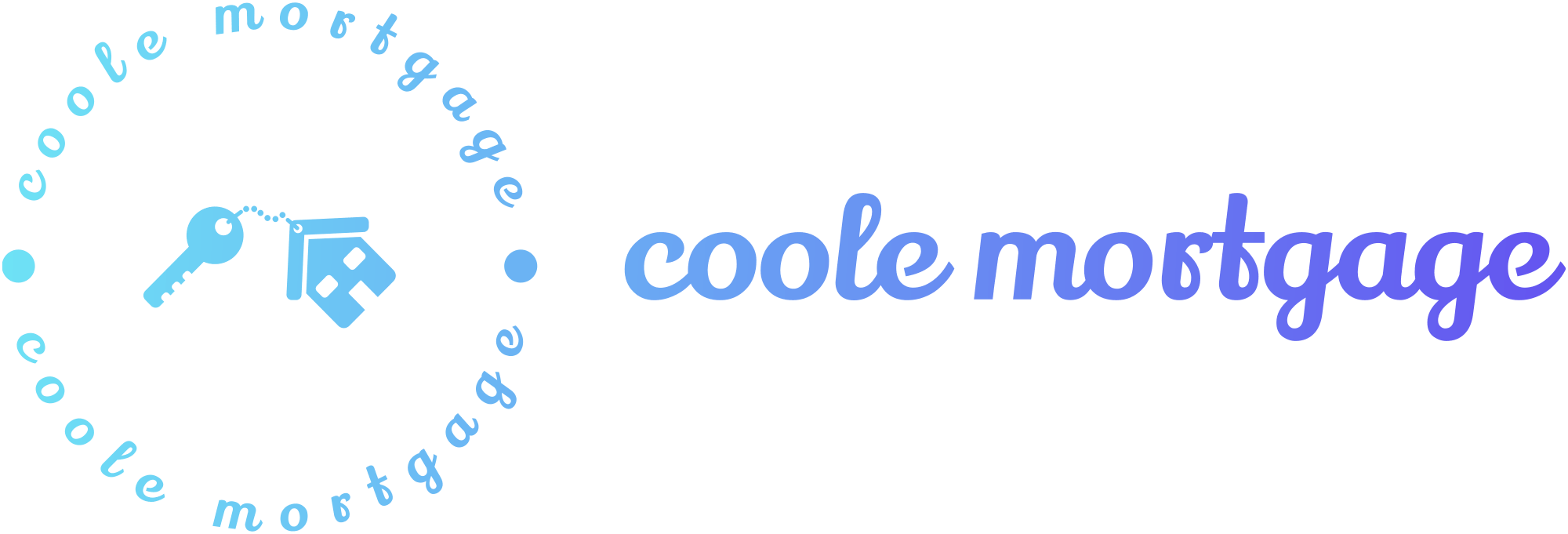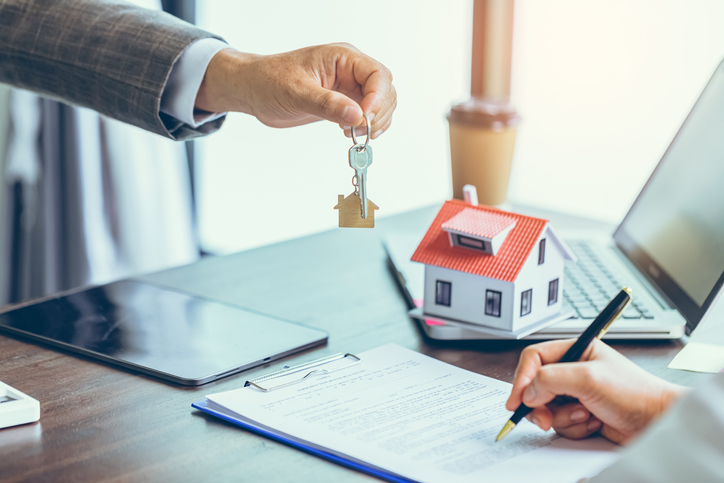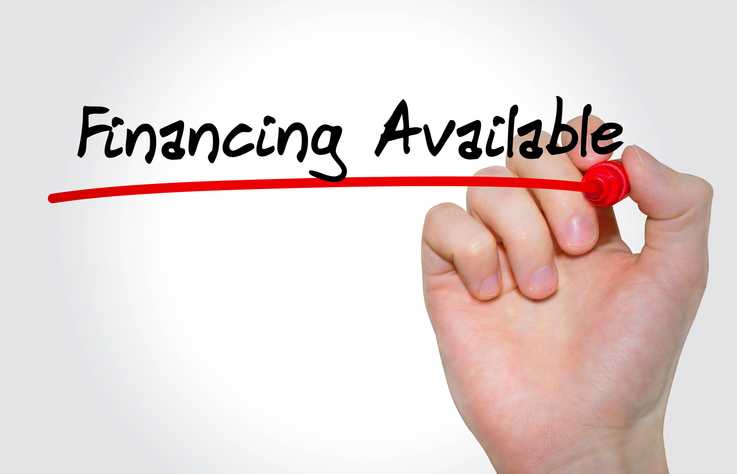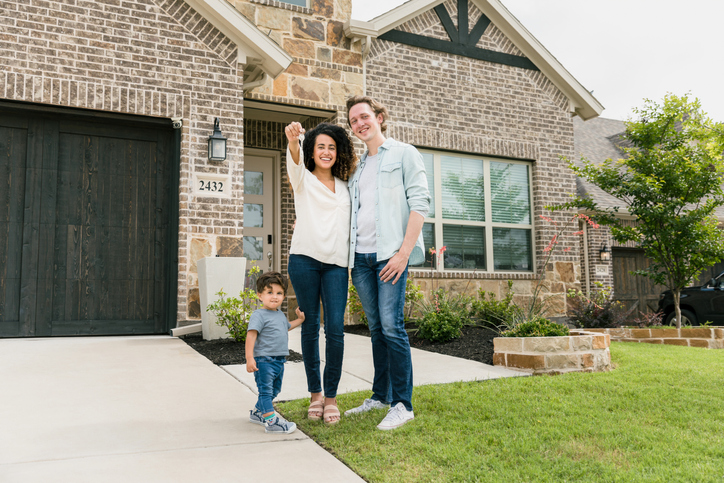Buying a Home With No Money Down
So you’re eyeing homeownership, but the bank account’s giving you the side-eye, whispering, “Dream on, pal.” Here’s the scoop: that white picket fence dream isn’t as far-fetched as your wallet wants you to believe. Forget the traditional down payment spiel; we’re diving into how you can snag keys to your place with minimal cash upfront. It’s all about the know-how, the right moves, and a sprinkle of savvy—let’s unveil the secret handshake to the no-money-down homeownership club.
Zero down payment options
Alright, how do you actually buy a house without dropping a sack of cash upfront? It’s not magic; it’s about knowing where to look. There are a couple of golden tickets in the world of home buying that can get you through the door, literally, without a down payment.
First up, Government-Backed Loans. These are your best friends if you’re looking for no money down.
VA Loans – No Money Down
Got a military connection? VA loans are your go-to, offering no down payment for veterans, active-duty service members, and some reservists.
USDA Loans – No Money Down
Thinking rural or suburban? USDA loans say “no cash, no problem” for qualifying areas and borrowers.
Here are options for those who can afford a 3% down payment or more.
The FHA Loan— or Federal Housing Administration, steps up to the plate with loans that require as little as 3.5% down if your credit score is looking healthy (580 or above, to be precise). Even if your credit’s taken a few hits, you’re not benched—scores as low as 500 can still play, but you’ll need to bring a 10% down payment to the game. It’s like the FHA’s saying, “We’ve got your back,” offering a hand up to the home plate for those dreaming of homeownership with a not-so-stuffed savings account.
Then, there’s the Conventional Loan with as little as 3% down. Not everyone’s fighting for their country or looking to homestead in the sticks. For the urban dwellers or those not eligible for the above, some conventional loans offer down-to-earth down payment terms. We’re talking low to nothing, designed for the first-timers or the not-so-rich-yet hopefuls.
Each of these loans has its qualifying requirements, with things like credit scores, income levels, and other bits and bobs that lenders eyeball to give you the yes nod.
Qualifying for No Money Down Mortgages
Lenders aren’t just tossing keys to anyone. They’ve got a checklist, and here’s how you tick those boxes:
Credit Score is King: Higher scores can unlock the kingdom of lower down payments. Think of it as the financial version of “The Voice” – your score hits the right notes, chairs turn. There are options for lower scores but qualifying with a low score will be difficult but not impossible. Learn: How to improve credit score
Income and Debt: It’s all about balance. Your income and existing debt do a little dance to prove you can handle a mortgage without tripping over your financial shoelaces. This is called the debt-to-income ratio. The debt ratio plays a big role in how much you can qualify for.
The Fine Print: Each loan has its own requirements. VA loans will require military service proof, USDA loans have limitations on where you can buy and income limits, and FHA loans? They’re the crowd-pleaser for first-time homebuyers, offering a welcoming hand with more forgiving terms.
advantages and disadvantages of $0 money down loans
Pros:
- Immediate Homeownership: No money down options open the door to buying a home sooner, bypassing years of saving for a down payment.
- Cash Flow Flexibility: Preserve your savings for other expenses or investments, offering financial breathing room.
Cons:
- Higher Monthly Payments: Without a down payment, you’re financing more, leading to heftier monthly outlays.
- Higher Interest Rates: Opting for a no money down loan often means facing higher interest rates. This setup results in increased monthly payments and a greater total interest cost over the loan’s lifespan.
- Private Mortgage Insurance (PMI): Most no money down loans require PMI until you’ve built sufficient equity, adding to your monthly costs. Learn more: Private Mortgage Insurance.
- Limited Equity: Starting with no down payment means you’ll have less equity in your home initially, affecting your borrowing power and investment return. Read more: Home Equity
Closing Costs and Expenses in No-Money-Down
Home Buying
While no-money-down programs remove the barrier of a down payment, buyers still face closing costs and will need to make an earnest money deposit. These additional expenses are required to finalize the home purchase.
These fees include appraisal , title searches, origination fees and more, typically ranging from 2% to 5% of the home’s purchase price.
The silver lining? You might be able to negotiate with the seller to cover some of these costs, but you will likely need to have money for things like the earnest money and home inspections, as well as the appraisal. Sellers don’t typically cover these upfront costs.







